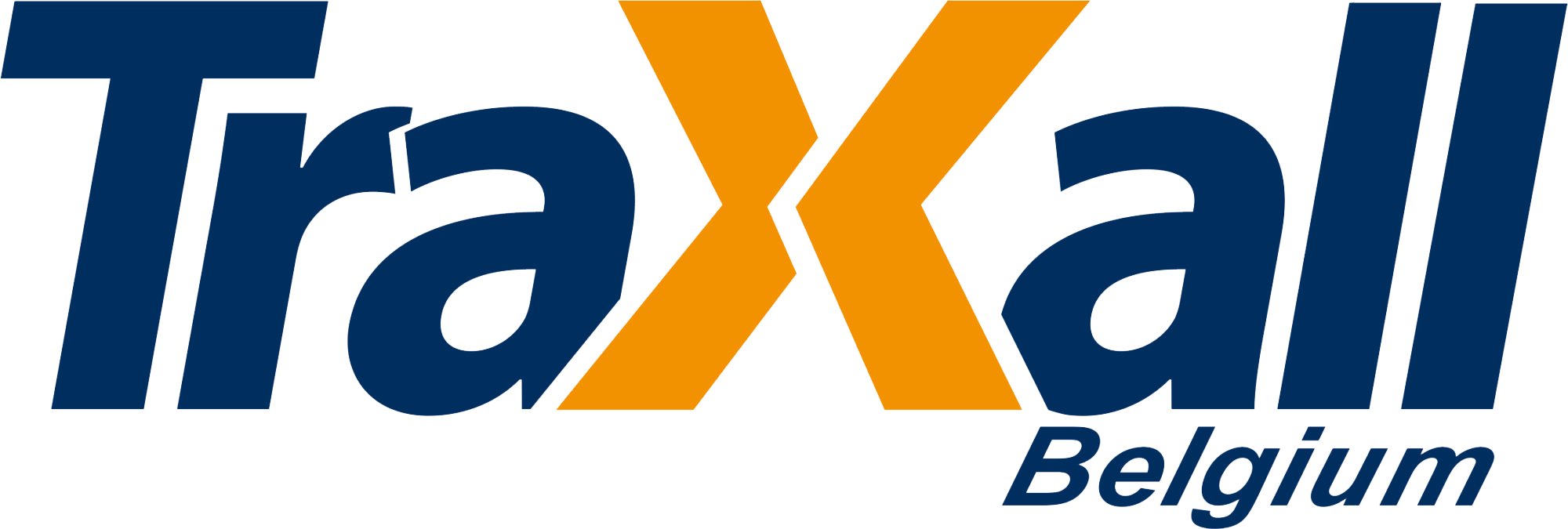In a new episode of TraXall TalX, Bart Van Elsacker, Consulting & Project Manager at TraXall Belgium, describes the different phases of an implementation and the key success factors.
More and more companies choose to work with an external partner to manage their company fleet. Why?
Bart Van Elsacker: “There are several reasons. Bart Van Elsacker: “There are several reasons. A simple one could be that someone is leaving service or retiring and that position needs to be filled, with no current employee who can or wants to do that. Or there is a reorganisation, and there is no one left to take up this role.
What we are seeing more and more is, as the market becomes more complex, businesses do not have the necessary knowledge and expertise to do this in-house. And that’s quite normal. After all, it’s not their core business to manage the fleet.”
On starting a collaboration with TraXall Belgium
Bart Van Elsacker: “Every collaboration starts with an agreement. That’s where we need to look at the details of what services need to be provided. Once we have that in place, we can start an implementation.
When starting an implementation, it is very important that we have gathered the right people at the table. You might think: fleet management, that’s easy, just ordering cars, so car policy…HR should be at the table. But it’s more involved than that.
For example, invoices also come in from lease suppliers, for the car order. With those suppliers you also have a contract, so then you are dealing with procurement. But also, HR or payroll, who then have to process the payroll administration to calculate the benefit in kind of those cars.”
Why does an implementation take three months?
Bart Van Elsacker: “There are several steps we have to go through. It starts with an introductory meeting with all the right stakeholders at the table. We explain to the customer: what do we expect from you? What data do we need? And what can you expect from us?
We analyse that data and set up a workshop to go through all those procedures in detail.
Once we have that mapped out, we go to the next step and we start building the database. We also have to consider our tools, such as the configurator which enables an employee to order a company car.
Then we also talk and interact with the suppliers who need to understand how the tripartite agreement works: customer, supplier and TraXall.
And, last but not least, we want to provide a clear communication strategy to employees, so that they know what support we are providing and how they can contact us. We need to make sure our suppliers are delivering our services correctly and also customer stakeholders are fully informed of how we can support them and their fleet.”
On the customer’s own responsibilities
Bart Van Elsacker: “We unburden the customer. For example, the ordering process – we can take care of that completely.
But we are not an accountant or a sales administration company. Certain responsibilities will remain with the customer, for example, invoices will need to be paid as these are in the customer’s name and payroll administration.
However, we always look for a solution to simplify this process for them. For example, if they work with several leasing companies, we can collect this data from all parties and provide one monthly consolidated report for their payroll.
We always prefer to go one step further and try to automate where possible. We build a report that can be uploaded onto their systems or even provide an interface with their payroll provider. So, there’s minimal work for the customer and it becomes easier than it is today.
On the key success factors of an implementation
Bart Van Elsacker: “It’s important to keep the objective in mind. A business chooses to outsource its fleet in order to optimise part of it or to reduce workload and within a certain timeline. During the implementation process workshop, we discuss all areas and confirm elements that can be achieved with timescales. But if we want to do everything in one go, the deadline may be compromised and go-live would be extended. We are more than happy to tackle the quick-wins. But anything that is more extensive, we discuss with the account manager and the customer, creating a roadmap that we follow. It could be that this is within operational management or that we need to see it as a separate consultancy assignment, because of the complexity.”
On consultancy, new in the offer of TraXall Belgium
Bart Van Elsacker: “We see many businesses managing their own fleet and that’s okay. But they lack the time or knowledge in-house to manage certain projects. And that makes sense; it is not their core business.
Fleet management is only one element. Just think about implementing a new supplier, a leasing company or working out a TCO budget or introducing electrification. What about those charging stations at home? How exactly does that work? This is where we can help.
This is not just for potential customers, of course, our existing customers can also benefit from this.”
Want to know more about what we can do for you? Contact us

